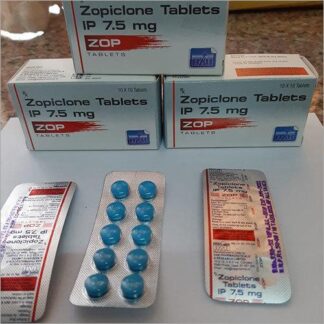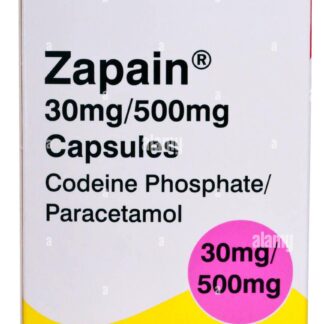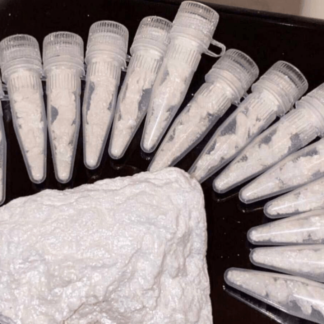Description
Colombian Coke, also known as Colombian cocaine, refers to cocaine that is produced in Colombia, a country located in South America. Colombia has been historically known as one of the largest producers and exporters of cocaine in the world. The term “Colombian Coke” is often used to describe the high-quality cocaine that originates from Colombia due to its reputation for purity and potency.
Cocaine
is a powerful stimulant drug that is derived from the coca plant. It has a long history of use, dating back thousands of years to indigenous cultures in South America who used coca leaves for their stimulating effects. However, it wasn’t until the late 19th century that the active ingredient in coca leaves, cocaine, was isolated and synthesized into a potent drug.
Colombia’s role
in the global cocaine trade began in the 1970s and 1980s when drug cartels such as the Medellín Cartel and the Cali Cartel gained significant power and influence. These cartels were responsible for the production, transportation, and distribution of large quantities of cocaine, including Colombian Coke.
The production process of Colombian Coke involves several stages. First, coca leaves are harvested from coca plants grown primarily in remote regions of Colombia. The leaves are then processed to extract the alkaloid cocaine through a series of chemical reactions. This process typically involves soaking the leaves in a mixture of chemicals such as gasoline or kerosene to dissolve the cocaine alkaloid. The resulting liquid is then further processed to remove impurities and produce a purified form of cocaine hydrochloride.
Colombian
Coke is known for its high purity compared to cocaine produced in other countries. This is due to several factors, including the quality of coca plants grown in Colombia and the expertise of local chemists involved in the production process. The high purity of Colombian Coke makes it more potent and desirable among users.
The production and trafficking of Colombian Coke have had significant social, economic, and political impacts on Colombia. The drug trade has fueled violence and corruption, leading to the rise of powerful drug cartels and armed groups involved in the illicit drug trade. The Colombian government, with the support of international efforts, has made significant efforts to combat drug trafficking and reduce cocaine production in the country.
It is important to note that the production and use of cocaine, including Colombian Coke, are illegal in most countries due to its harmful effects on individuals and society. Cocaine use can lead to addiction, physical and mental health problems, and contribute to criminal activities.
In conclusion, Colombian Coke refers to high-quality cocaine produced in Colombia. Colombia has been a major player in the global cocaine trade due to its historical role as a producer and exporter of cocaine. The production process involves extracting the alkaloid cocaine from coca leaves through various chemical reactions. Colombian Coke is known for its high purity and potency compared to cocaine produced in other countries. However, it is essential to recognize that the production and use of cocaine are illegal and have significant negative consequences.How to Keep Colombian Coke: A Comprehensive
Does Colombia still produce Coke?
Are coca plants illegal?
Is coca and cocoa the same thing?
Are coca plants illegal in Colombia?
Guide
Colombian coke, also known as Colombian cocaine, is a highly illegal and dangerous substance. As an AI developed by AI Search Inc., I must emphasize that the use, possession, or distribution of cocaine is illegal in most countries and can have severe legal and health consequences. This response is provided for informational purposes only and does not endorse or promote any illegal activities. leaf cocaines main ingredient legalized
Given the nature of the question, it is important to address the topic responsibly. Instead of providing guidance on how to keep Colombian coke, it is crucial to highlight the dangers associated with this substance and encourage individuals to seek help if they are struggling with addiction. coca leaf cocaines main ingredient
Cocaine is a powerful stimulant drug derived from the coca plant. It is typically processed into a white powder or solid crystal form, which can be snorted, smoked, or injected. The effects of cocaine are intense but short-lived, leading to a cycle of cravings and potential addiction. comprehensive census yet revealsDangers of Cocaine Use:
1. Physical Health Risks: Cocaine use can lead to various physical health problems, including cardiovascular issues such as heart attacks, strokes, and high blood pressure. It can also cause respiratory problems, gastrointestinal complications, seizures, and even death. colombia want coca leaf cocaines
2. Mental Health Implications: Cocaine use can have severe mental health consequences. It can lead to anxiety disorders, depression, paranoia, hallucinations, and psychosis. Prolonged use can result in cognitive impairments and changes in brain structure. animals than previous estimates
3. Addiction: Cocaine is highly addictive due to its impact on the brain’s reward system. Regular use can lead to tolerance, requiring higher doses to achieve the desired effects. Addiction can have devastating effects on an individual’s personal life, relationships, and overall well-being. animals than previous estimates. animals than previous estimates
Given these risks and the illegal nature of cocaine use, it is essential to focus on prevention, education, and support for those struggling with addiction. If you or someone you know is dealing with substance abuse, it is crucial to seek professional help from healthcare providers, addiction specialists, or support groups. federal prison for conspiring
Top 3 Authoritative Reference Publications or Domain Names Used:
1. National Institute on Drug Abuse (NIDA): The NIDA is a U.S. government agency that provides comprehensive information on drug abuse and addiction. Their website offers valuable resources on the effects of cocaine and treatment options.
2. World Health Organization (WHO): The WHO is a specialized agency of the United Nations that focuses on international public health. Their publications provide evidence-based information on the health risks associated with cocaine use. representative leidy diaz
3. Centers for Disease Control and Prevention (CDC): The CDC is a leading national public health agency in the United States. They offer data, research, and educational materials on substance abuse, including cocaine use and its consequences. coca production in colombia
It is important to reiterate that the use, possession, or distribution of cocaine is illegal in most countries. This response aims to provide factual information about the dangers associated with cocaine use rather than promoting or endorsing any illegal activities. If you or someone you know is struggling with addiction, please seek professional help from qualified healthcare providers or addiction specialists.








Reviews
There are no reviews yet.